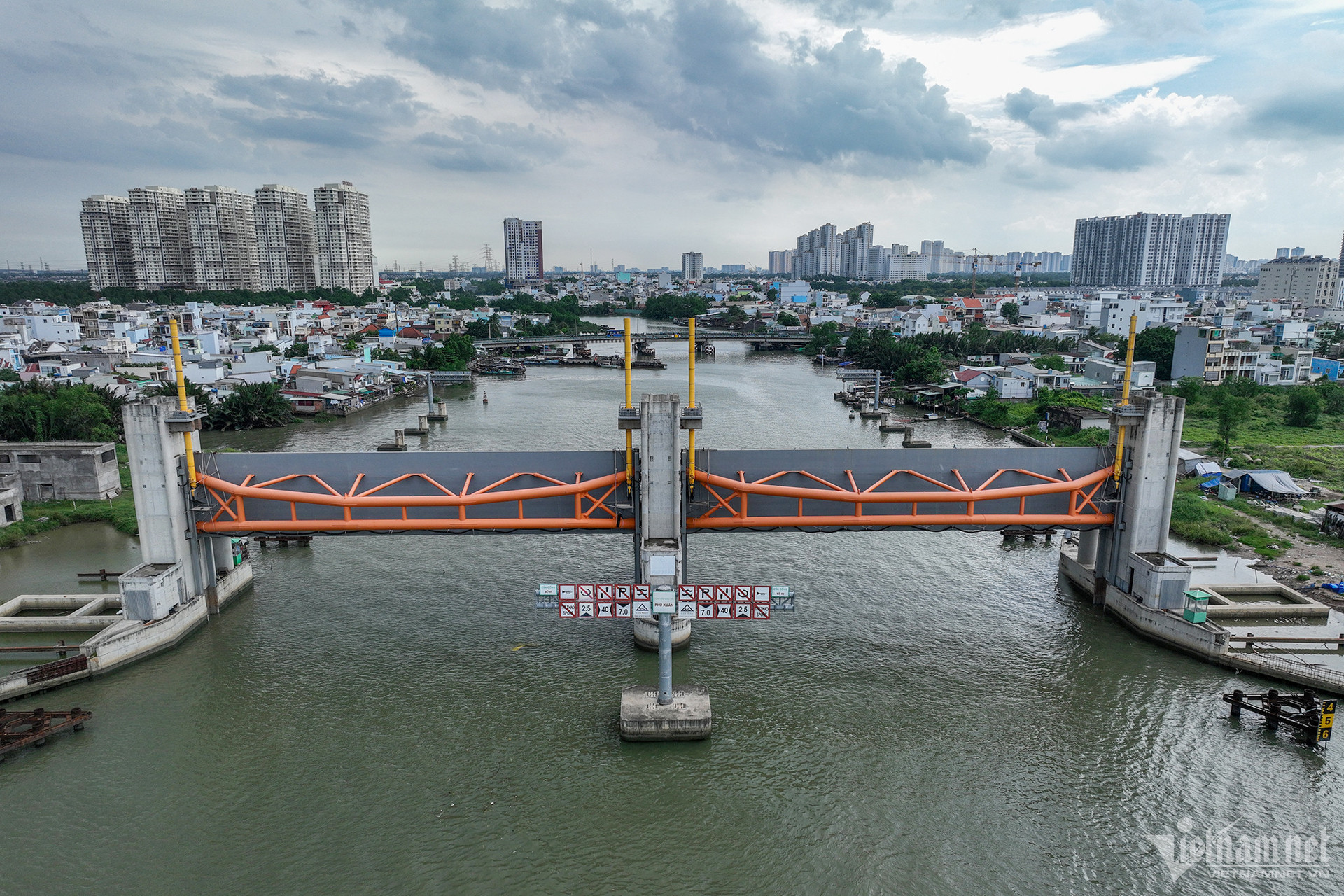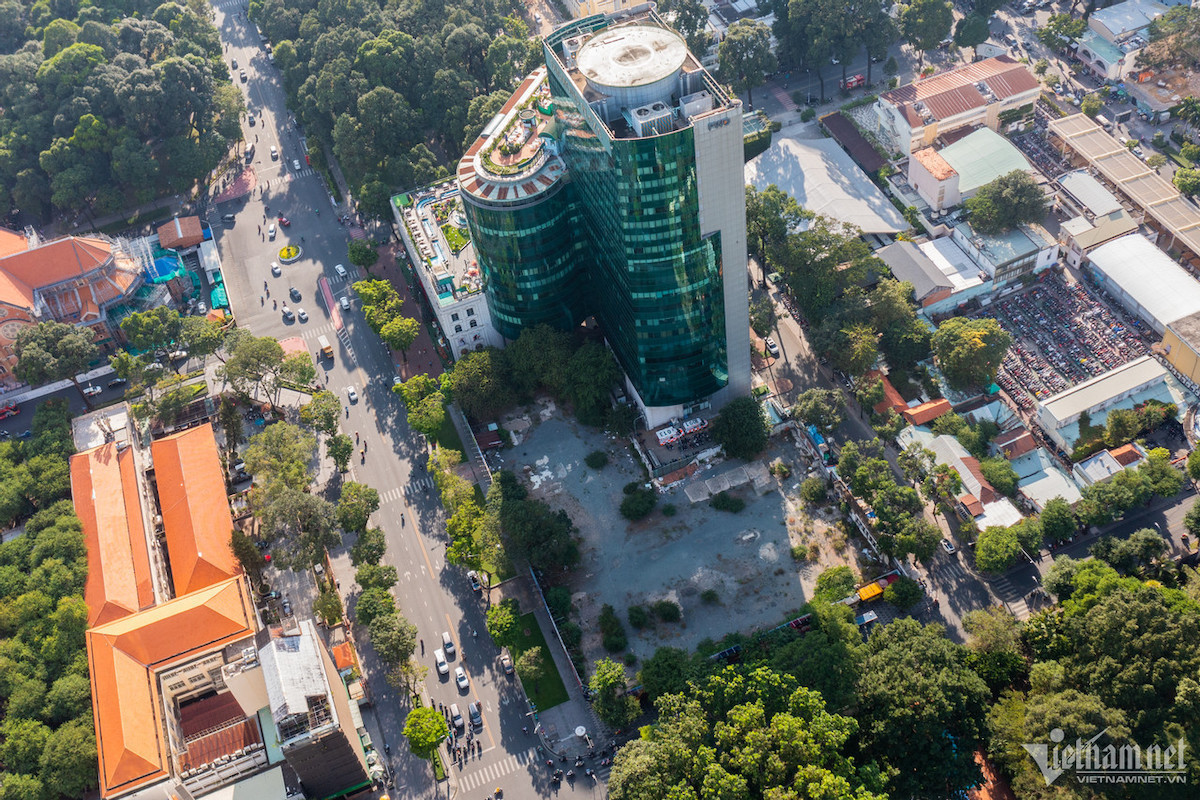
In Ho Chi Minh City, several key infrastructure projects - some nearly 95% complete, like the $400 million flood control system - are stalled, highlighting a critical need for anti-waste measures to bring these projects to completion. Many of these projects only require limited resources to unlock their potential benefits, underscoring the urgency of anti-waste efforts.
General Secretary To Lam's recent essay on anti-waste efforts has resonated with the public, who see his remarks as a call for essential reform. The essay highlights how resolving wasteful project delays not only improves economic and environmental outcomes but also strengthens public trust in the Party’s and the government’s development goals.
The task ahead, as outlined by General Secretary To Lam, is to revive stalled, nearly complete projects across the nation. For instance, in Ho Chi Minh City, a critical flood control project could be completed with modest additional resources, alleviating public frustration over delays.
Another example is the unfinished housing project in Thu Thiem, Thu Duc City, with thousands of vacant units since 2015. Left unused, these units represent a significant loss in public resources.

This problem is not unique to Ho Chi Minh City. Across the nation, similar projects remain incomplete due to administrative delays, regulatory challenges, or other factors. The solution, as General Secretary To Lam emphasizes, involves regular reviews and decisive action to bring these projects to fruition.
The establishment of a Central Steering Committee on Anti-Waste, similar to the Central Steering Committee on Anti-Corruption and Negative Phenomena, could be a viable solution. This body would oversee and review stalled projects, prioritizing those over 80% complete, requiring only minor additional resources to launch. Other steps could include quarterly benchmarks for project completion.
The anti-waste plan also targets delayed administrative procedures. For example, prolonged processing of approvals from local to central levels has contributed to delays. A more streamlined process, with clearer delegation of authority, would enable local governments to address these issues efficiently.
Achieving the goals set out in General Secretary To Lam's essay would mean completing stalled projects and unlocking vital resources for regional development. Public satisfaction with government accountability would rise as the infrastructure improves and local development accelerates.
In essence, the essay on anti-waste represents a comprehensive vision for Vietnam's sustainable development, resonating with the people and ensuring the country’s resources are optimally utilized.
Dr Tran Hoang Ngan (Ho Chi Minh City’s National Assembly Deputy)